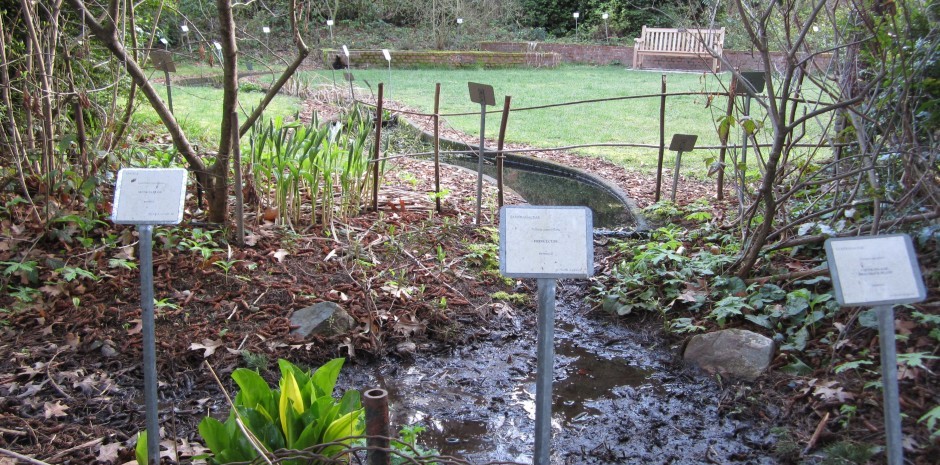A couple of weeks ago, a group of 4-H students from north of Seattle came to visit the Medicinal Herb Garden and the nearby honeybees maintained by Evan Sugden and his students. One of their teachers spoke to me briefly about the difficulty of raising bees in the 21st century. There is no escape from environmental toxins, even if your role in life consists of flying around from flower to flower, sipping nectar and gathering pollen.
Luckily, the city of Spokane, Washington, over on the sunny side of the state, has just banned the use of neonicotinoid pesticides on city property. They are the second city in the country to enact such a ban, after Eugene, Oregon. Thank you, Eugene, for getting the ball rolling and thank you, Spokane, for setting an example for the city of Seattle. And thank you to the Seattle City Council for the ban on neonicotinoids on Seattle city property. Oh, wait a minute, that hasn’t happened yet. But it will happen soon, very soon if enough people in Seattle contact Mike O’Brien, Seattle City Council Chair of the Planning, Land Use and Sustainability Committee. The best way to contact Councilmember O’Brien is through his Legislative Aide, Jasmine Marwaha:
But there’s more we can do. We can petition stores and their corporate owners to stop selling plants that are treated with neonicotinoids to poison “pest” insects. Ironically, many of these plants are marketed as “bee-friendly” because they have flowers that attract bees, but the flowers are toxic and because honeybees live in colonies, they bring the poison back to the hive. What a nightmare scenario this is.
Here’s some good information and a petition from the environmental protection organizaton, Beyond Pesticides:
http://action.beyondpesticides.org/p/dia/action3/common/public/?action_KEY=15118
Their invisibility is what makes most environmental toxins so insidious and scary. If enlightened American cities keep banning neonicotinoids, maybe the government of the USA will follow the lead of the European Union, which recently took the preliminary step of banning neonicotinoids across the continent for two years.
As the radiation from Fukushima washes ashore in the state of Washington, it is hard to ignore that everything is connected in a giant web of life. Maybe it’s time to start applying the precautionary principle
( http://en.wikipedia.org/wiki/Precautionary_principle )
when corporations propose the introduction of toxic substances into the environment. Just because a poison is sprayed in someone’s back yard, golf course or farm, it doesn’t mean it won’t end up radiating into the wider environment, one way or another.
Those who respectfully work the land know that the highest goal is to leave things as good or better than we found them. For all our endeavors, that is an ideal to think about as we move carefully into the 21st century. We all live in one and the same ecosystem.
our poisoned jetsam
moving closely in our wake
to where we are now
See you in the garden.


Thanks, Keith, for this important news and call-to-action. Your blog posts are always well worth reading!!